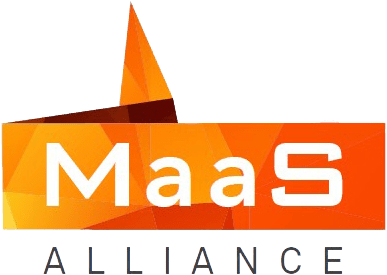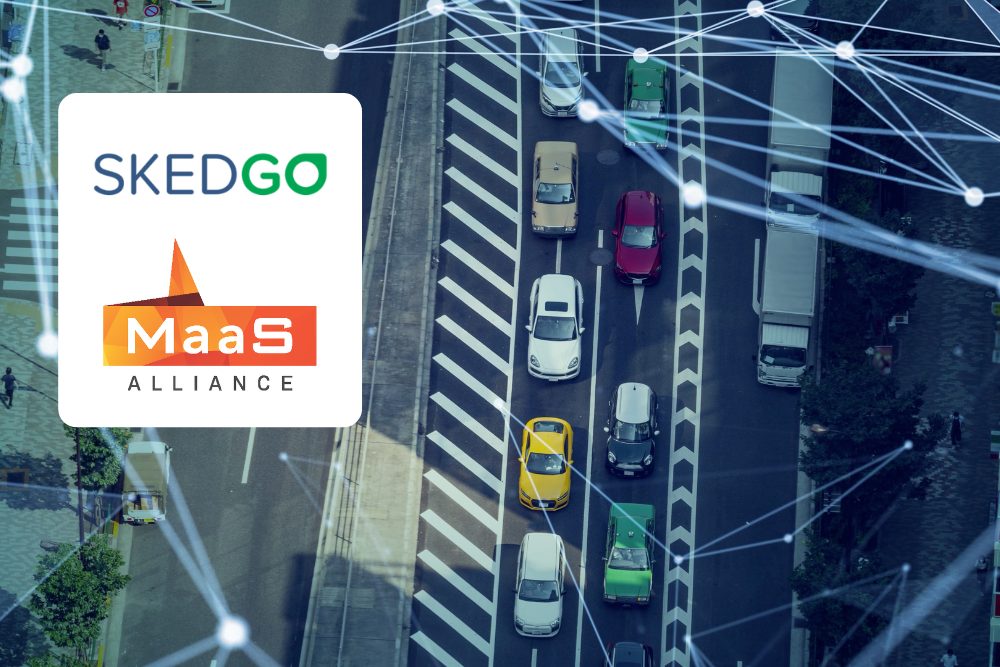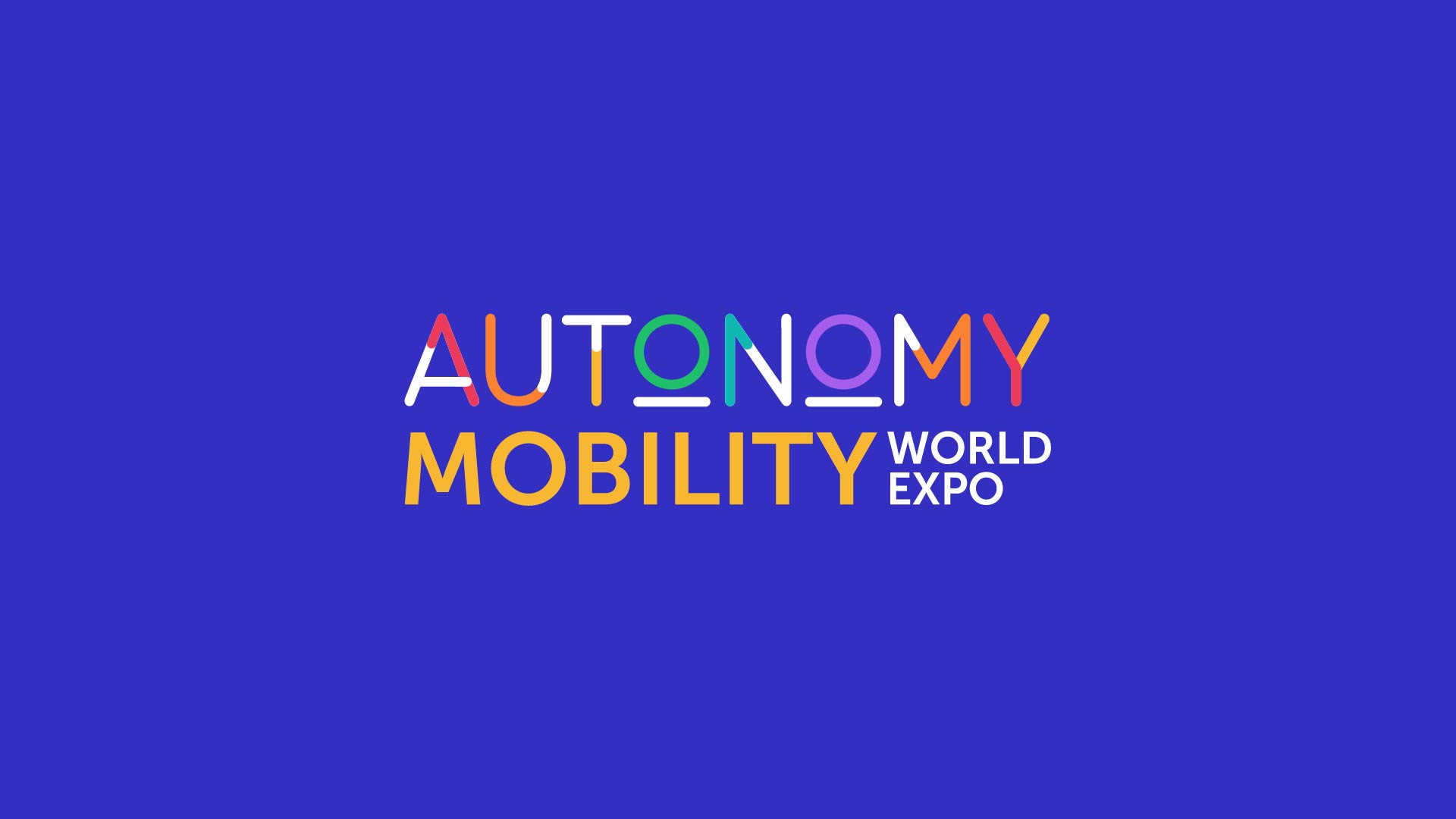
The MaaS community gathered on 11 October for the 7th MaaS Summit, hosted by the MaaS Alliance together with the Finnish Ministry of Transport and Communications. After a long period of holding conferences by video link due to the Covid-19 pandemic, the MaaS Summit took place as a fully physical event in Hamburg in connection with the ITS World Congress 2021.
The theme of the Summit was Building Together Green and Sustainable MaaS in the context of the EU objective of climate neutrality by 2050 and the Commission’s Smart and Sustainable Mobility Strategy. The latter outlines how the European transport sector should be transformed by making it sustainable, smart and resilient.
Jacob Bangsgaard, President of the MaaS Alliance, opened the Summit, followed by Timo Harakka, Finland’s Minister of Transport and Communications, and Matthew Baldwin, Deputy Director-General of DG MOVE, European Commission. Two-panel discussions were also on the agenda, in which the participants deliberated on the topics of decarbonisation and active mobility as part of MaaS.
Sustainable mobility is a common challenge
The EU transport sector must reduce greenhouse gas emissions drastically by 2050 in order to achieve climate neutrality in the EU. While striving for climate neutrality, we need to ensure affordable and healthy solutions for citizens. The vision of the Commission is seamless passenger transport by 2030 as part of this equation.
MaaS can make the whole transport system more efficient and offer an alternative to owning a car. However, the issue is not car versus MaaS, or at least it does not have to be, as Boyd Cohen from Iomob pointed out in the panel discussion. It comes back to the question of ownership or usership, as we have already seen new models of user/ownership emerging. It is important to take account of the total cost of ownership if the aim is to promote decarbonisation, noted Joachim Reinboth from BNP Baripas. In the bigger picture, influencing user behaviour requires a combination of ‘carrot’ and ‘stick’. Therefore the development of MaaS also depends heavily on the development of the general regulatory framework of mobility.
The panellists in both discussions highlighted the fact that the decarbonisation of transport cannot rely solely on electrification. We should focus on a wide range of measures, as Silvia Fischer said the company Free Now has done in its initiatives. Active modes of mobility will play an important role in the decarbonisation of transport. During the Covid-19 pandemic, there has been growth in walking and cycling. In order to leverage the growing interest in active modes of transit, investments in physical and digital infrastructure are needed, as well as different kinds of incentives.
Cities can have a major impact by supporting residents’ sustainable lifestyles. Elina Ojala from the City of Lahti described the various participatory models the city has implemented as European Green Capital 2021 in order to reinforce the role of residents. The city has also developed a model for personal carbon trading with regard to mobility and an application for residents that enables real-time tracking and visualisation of one’s mobility carbon footprint.
It is all about collaboration
There is a strong need for leadership, trust and cooperation in order to build a viable ecosystem that can deliver on the climate goals. As Matthew Baldwin put it, the leadership of the MaaS Alliance is built upon bringing stakeholders from diverse backgrounds together, which is a challenge but also a strength.
Many speakers drew attention to the fact that the success of MaaS depends on the ecosystem, in which openness is a key factor. The tension between public and private stakeholders was also recognised in the discussions. Silvia Fischer aptly pointed out that access for the user is key, and therefore both public and private platforms are needed. Either way, the public sector has an important role to play in the ecosystem. The upcoming initiative introduced by the Commission aims to help enhance trust between different stakeholders by establishing a new code of conduct.
We need to work together to build a thriving ecosystem around MaaS. The spirit of the MaaS Summit was encouraging, even though there is still some way to go. The discussion has evolved from the theoretical conceptualisation of MaaS towards practice, and the speakers reflected on the practical challenges of the MaaS roll-out. The audience heard an optimistic message: through cooperation the challenges can be solved.



